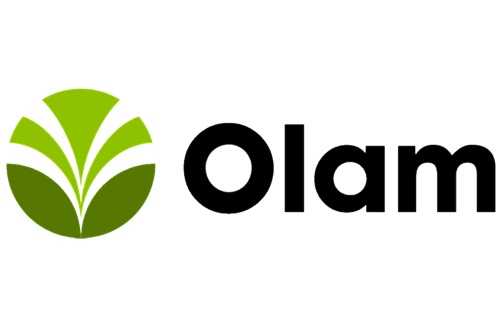LONDON. UK – AtSource, a revolutionary sustainability insights platform developed by global food and agri-business Olam to provide actionable data for manufacturing and retail customers of the third-party supply chains for products like coffee, cocoa, cashew, cotton, and rice, has just won the 2020 Reuters Responsible Supply Chain Award. The Reuters Responsible Business Awards recognise leading strategies shaping the future of sustainable business.
The judging panel, drawn from business, media, NGOs, and academia, said of Olam’s winning submission:
“AtSource is a highly innovative and scalable plus well-established model that allows Olam’s customers – for the first time – to track the social and environmental footprint of a product from the farmer group, to their factory gate. It uses 150 economic, social and environmental metrics, bringing transparency to what has been a rather opaque part of the commodity industry. Very much leading a new, sustainable path for their industry.”
The platform is industry-leading in terms of the visibility it gives companies into their supply chains; for instance, access to accurate greenhouse gas and water footprint analysis, detailing the multiple contributing factors, such as fertiliser use, irrigation and land-use change.
With the information, customers can embark on targeted and therefore cost-efficient sustainability programmes with Olam, as well as provide detailed and transparent communications with their stakeholders.
Since the launch of AtSource in 2018, it has been rolled out across 30 origins and 150 customers, with a target for all directly sourced products to meet AtSource Entry criteria by 2023.
Accepting the award, Roel Van Poppel, CEO, AtSource said:
“We are honoured and grateful to receive this award, which wouldn’t have been possible without the relentless determination of all of Olam’s colleagues involved in our businesses and origins, and I am encouraged by the fact the Reuters Responsible Business Award jury recognised Olam’s commitment to being transparent and truly purpose driven. Yet there is still an enormous amount of work to do to achieve our overarching objective of generating transformative impact in our supply chains that benefits farmers, communities, and ecosystems.”















